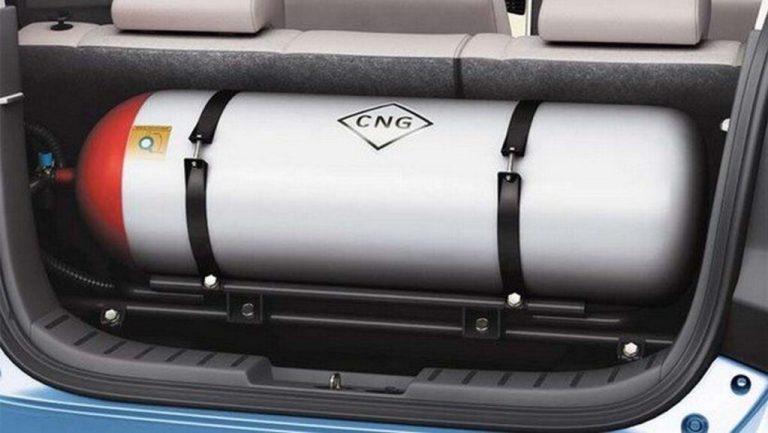The Presidential CNG Initiative (PCNGi) has disclosed that over 100,000 vehicles have been converted from petrol to Compressed Natural Gas (CNG) since the commencement of the initiative last year.
A statement issued by the Project Director/CEO of PCNGi, Engr. Michael Oluwagbemi, on Wednesday equally disclosed that over $200 million had already been invested in the value chain with conversion centres now 140 across the country.
The PCNGi made the clarifications in response to what it described as “a toxic debate against the initiative in the media.”
It said “To date, over 100,000 vehicles have been converted from petrol to CNG/bi-fuel-powered, and more conversion centres are being established across the country. In addition, investors are ramping up the development and deployment of CNG infrastructure, with over $200 million already invested across the value chain. Thousands of new jobs and economic opportunities are opening up along the line.
Going by the level of progress being made as regards the adoption and deployment of CNG infrastructure, we are concerned over certain instances of misinformation against this epochal initiative by a section of the media.
It is surprising how the choice of petrol, for which Nigeria spends about $10 billion annually on subsidy, and CNG which has the potential to save the nation $3 billion while adding $2 billion in revenue to the national purse in the next three to four years, is an issue of toxic debate.”
On the issue raised on the ease of conversion, the PCNGi said “We see this as an opportunity rather than a challenge, and we are already deepening the development of CNG infrastructure with our partners. However, the number of conversion centres has risen from seven in 2023 to more than 140 across the country.”
It continued “In addition, more than 2,000 Nigerians have been employed in these conversion centres, with more jobs in the offing as CNG penetration ratchets up. In the past year, the private sector invested over 2 billion naira to establish these conversion centres, and another 6 to 10 billion naira will go into setting up more centres to meet the targeted 1,000 centres required to transform the nation’s energy dynamics.”
Insisting that the conversion was being done for commercial vehicles free of charge, the statement clarified that “the explosion in Edo State happened because of substandard, uncertified, and poorly fabricated CNG cylinders, which exploded during an attempt to refill (not convert) at a station.
It is equally important to reiterate that CNG is safe and clean to use. It is lighter and eight times less explosive than diesel and eighteen times less explosive than petrol. It is also more readily available and a more sustainable alternative for Nigeria’s energy security.”
“With one million vehicles running on CNG, overall demand annually will be 220 million standard cubic feet of gas a day, or 2.75% of our current daily gas production, of which only 16% is consumed locally.
CNG distribution is also picking up with 75 new daughter stations under construction across the country, and additional containerized and mobile refuelling units are being set up by the private sector working closely with regulators. Mother station investments have totalled over $175 million in the past year, with 65 new licences issued.”
The release also debunked the claim that the conversion kits were unsuitable for old vehicles insisting that experience in Egypt, India, and Iran showed that old vehicles operate better and more efficiently on CNG than they would on petrol.
Responding to claims that the government was not leading by example on the initiative, PCNGi said “On the contrary, the conversion programme started with government institutions like the Nigerian Army and the Nigeria Police – through the Police Trust Fund. The programme has now expanded to other MDAs like the Federal Road Maintenance









Back Magazin Pretty! This has been a really wonderful post. Many thanks for providing these details.